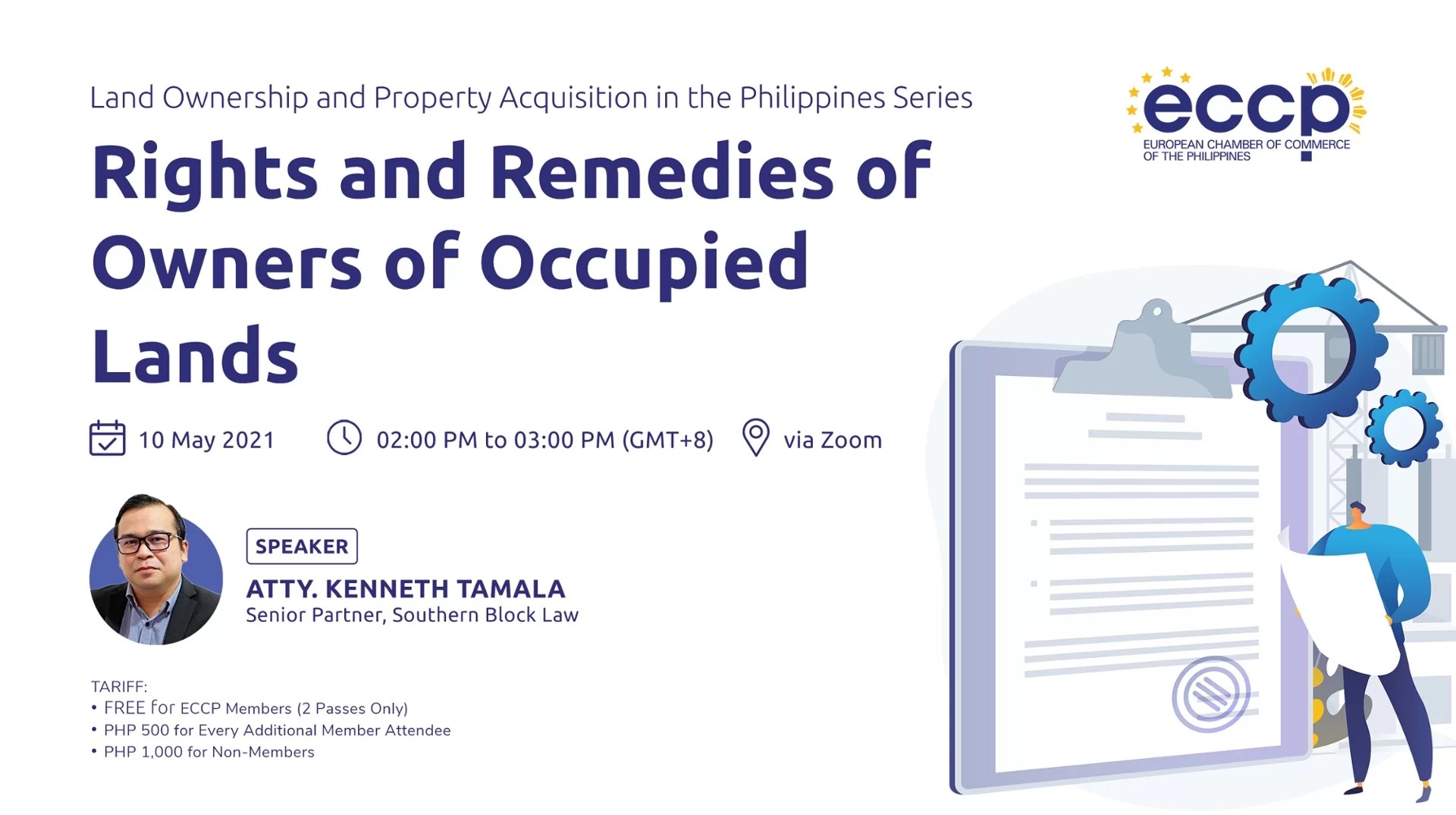Navigating Land Ownership Issues in the Philippines
Imagine a farmer tilling land for generations, only to discover they lack legal ownership. This scenario, sadly, isn't uncommon in the Philippines. Land ownership issues are deeply woven into the fabric of Filipino society, affecting countless individuals and hindering economic progress. Understanding this complex issue is crucial for anyone interested in Philippine society, economics, or simply seeking to comprehend the struggles faced by many Filipinos.
The current land ownership problems in the Philippines are a complex tapestry woven from historical threads, colonial influences, and modern-day challenges. These difficulties impact individuals, communities, and the nation as a whole. From the small farmer struggling to secure their ancestral land to large-scale development projects stalled by disputed ownership, the implications are vast and far-reaching.
The roots of these issues trace back centuries. Pre-colonial land ownership systems were often communal, with indigenous groups holding customary rights to land. Spanish colonization introduced the concept of private land ownership, leading to the dispossession of many indigenous communities. The American period further complicated the system with the introduction of the Torrens title system, intended to simplify land registration but often failing to adequately address existing customary rights and informal land holdings.
One of the central issues is the prevalence of informal land holdings. Many Filipinos, especially in rural areas, occupy and cultivate land without formal titles. This lack of legal documentation leaves them vulnerable to eviction, land grabbing, and exploitation. Another significant problem is the slow and often cumbersome land registration process, making it difficult and expensive for individuals to secure legal ownership.
Beyond informal settlements and registration issues, land ownership disputes are common. Overlapping claims, unclear boundaries, and inadequate record-keeping contribute to prolonged legal battles, creating uncertainty and hindering development. This insecurity discourages investment and prevents individuals from using their land as collateral for loans, limiting their economic opportunities.
Historically, land ownership has been a source of power and wealth in the Philippines, contributing to social inequality. Large estates owned by a few families continue to exist, while many farmers struggle to own even a small plot of land. This disparity fuels social unrest and hinders equitable economic growth.
While the problems of Philippine land ownership are complex, addressing them offers several potential benefits. Securing land rights for farmers can increase agricultural productivity and food security. Clear land titles can facilitate investment and economic development. Resolving land disputes can foster social stability and peace in communities.
Advantages and Disadvantages of Addressing Land Ownership Issues
| Advantages | Disadvantages |
|---|---|
| Increased agricultural productivity | Potentially costly and time-consuming process |
| Enhanced economic development | Possible resistance from powerful landowners |
| Improved social stability | Complex legal and administrative hurdles |
Several government initiatives aim to address land ownership issues. The Comprehensive Agrarian Reform Program (CARP) is a key example, although its implementation has faced challenges. Strengthening land administration agencies, digitizing land records, and simplifying the land registration process are crucial steps towards resolving these complex issues.
Frequently Asked Questions
What is the Torrens title system? It's a land registration system designed to provide a clear and indisputable proof of land ownership.
What are ancestral domain claims? These are claims made by indigenous communities to their traditional territories.
What are some common causes of land disputes? Overlapping claims, unclear boundaries, and faulty land surveys are frequent causes.
What is land grabbing? It's the illegal acquisition of land, often through coercion or fraudulent means.
What role does corruption play in land ownership issues? Corruption can exacerbate problems by facilitating illegal land transactions and hindering fair dispute resolution.
What are the implications of unresolved land ownership issues? These can lead to social unrest, economic stagnation, and environmental degradation.
What can individuals do to protect their land rights? Understanding their rights, obtaining proper documentation, and seeking legal assistance when necessary are important steps.
How can the government improve land administration? Streamlining processes, digitizing records, and strengthening oversight can contribute to a more efficient and transparent system.
Land ownership in the Philippines is a complex issue with deep historical roots. From Spanish colonization to modern-day challenges, the struggle for secure land rights continues for many Filipinos. Addressing these issues is crucial for achieving sustainable development, promoting social justice, and building a more equitable and prosperous future for all. By understanding the complexities of these challenges, we can work towards solutions that empower individuals, strengthen communities, and unlock the full potential of the Philippine economy.

Land Ownership Property Acquisition in the Philippines Webinar Series | Kennecott Land

problem of land ownership in the philippines | Kennecott Land

Buying Rights Only Property in the Philippines A Guide | Kennecott Land

Land Ownership and Property Acquisition in the Philippines | Kennecott Land

MAKE YOUR FREE Affidavit Of Ownership Affidavit Of Ownership Form | Kennecott Land

What is the Certificate of Land Ownership in the Philippines | Kennecott Land

Condo Ownership in the Philippines 5 Facts You Need to Know | Kennecott Land

How to Fix Any iPad Problem | Kennecott Land

Philippines Flag Philippines Waving Philippines Flag Philippines | Kennecott Land

Philippines Flag Vector Philippines Flag Philippines Flag PNG and | Kennecott Land

Securing land ownership to drive development | Kennecott Land

Thank you for your thoughtful response Robert I will definitely take a | Kennecott Land

Philippine Land Use Conversion From Agriculture To Real Estate | Kennecott Land

Land Ownership and Property Acquisition in the Philippines | Kennecott Land

Data ownership an inalienable right verified | Kennecott Land